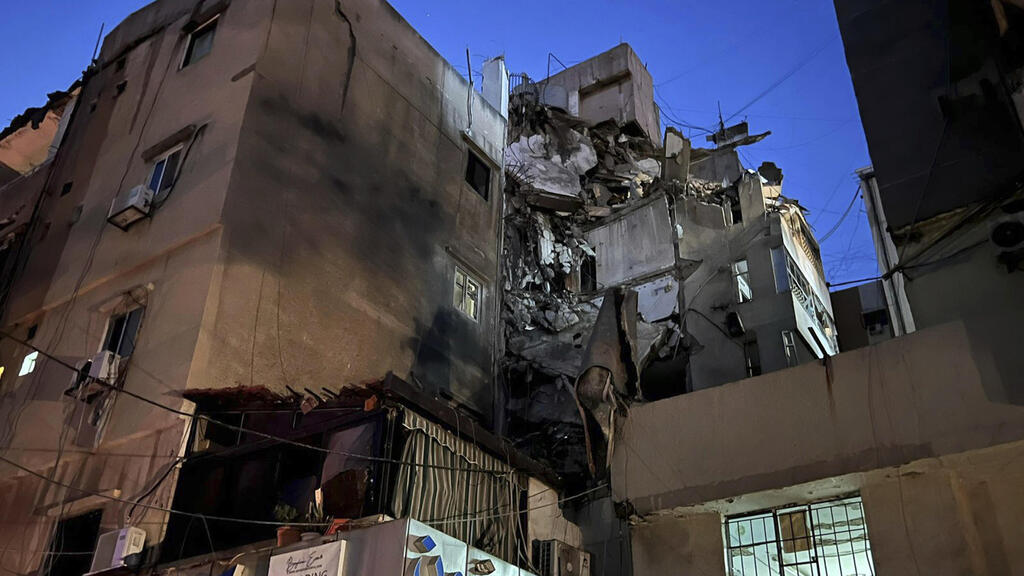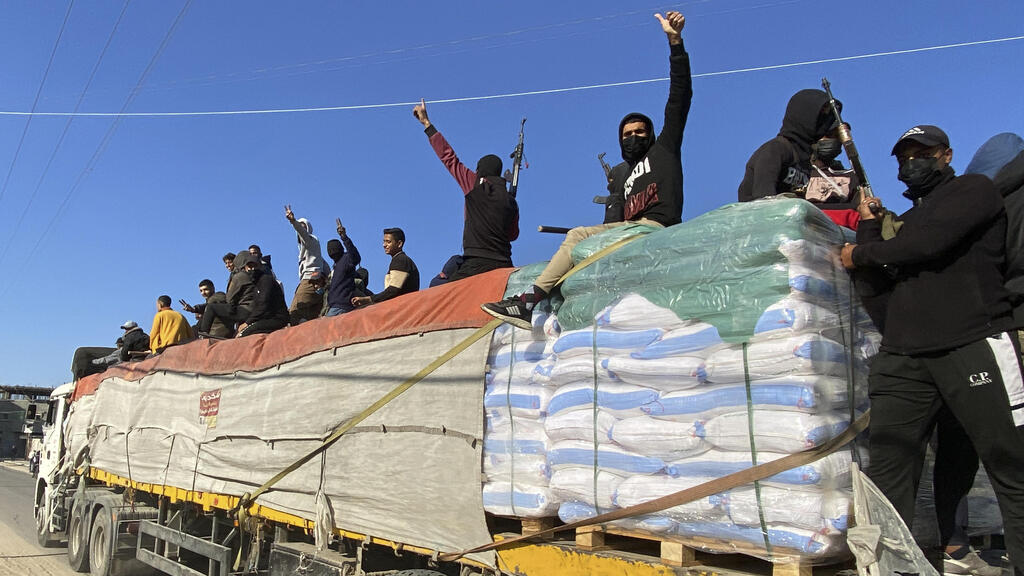Getting your Trinity Audio player ready...
I support Defense Minister Yoav Gallant's stance that securing a hostage release deal now is the best course of action and could lead to an end of the war with Hamas. In Gaza, achieving "total victory" is impossible as long as Hamas maintains a steady flow of funds. As long as the group controls humanitarian aid entering the Palestinian enclave, it will continue to generate income, recruit fighters and ensure its survival.
If a cease-fire deal isn't reached and hostages remain captive, Israel should leverage its military advantage in northern Gaza, which is encircled by IDF forces, and declare it a closed military zone. The IDF should inform the 300,000 civilians there that they have one week to evacuate south. After that, all humanitarian aid, including fuel, should be cut off.
This strategy would isolate the few thousand Hamas fighters in the area, depriving them of resources, and would align with international law, as well as the U.S. stance that Israel has the right to defend itself against terrorism.
While the timing, scope and outcome of potential Iranian and Hezbollah attacks remain uncertain, Israel must prepare for various scenarios. It's crucial to consider Israel's policy approach in three key arenas: Lebanon, Gaza and Iran.
Hezbollah's reluctance to escalate the conflict so far highlights its primary vulnerability—the fear of widespread destruction in Lebanon. Hassan Nasrallah may be willing to sacrifice fighters and weapons, confident in a steady supply from Iran, but he presents himself as a Lebanese patriot concerned for the country and its people. He understands that severe destruction could undermine the parallel state he has built within Lebanon.
For Israel, this means that if a conflict with Hezbollah escalates, the war should target Lebanon as a state, not just the terror group, despite potential U.S. objections to systematically destroying Israel’s northern neighbor.
2 View gallery


Aftermath of an Israeli attack on the Hezbollah stronghold in southern Beirut
(Photo: Hussein Malla / AP)
If the war is managed effectively, Israel must resist international efforts to provide "humanitarian assistance" to the Beirut government. Lebanon's vulnerabilities include severe fuel shortages and limited electricity production, which could disrupt hospitals, leave homes without power and halt transportation. A war is won when the enemy suffers economic, not just military, collapse.
If Lebanon faces such hardship, Hezbollah might be forced to end the war under more favorable terms for Israel. However, if the U.S. tries to separate Lebanese civilians from the Iran-backed terror group, it could spell disaster for Israel.
Iran, too, has been exposed as vulnerable, unable to protect its vast territory from attack or gather sufficient intelligence. It has also failed to unite Arab nations against Israel or effectively support its proxies when they were attacked by Israel in Yemen or Lebanon.
These vulnerabilities present opportunities for Israel in the future, particularly in countering Iran’s nuclear program. But first, Israel must focus on concluding the war in Gaza.



